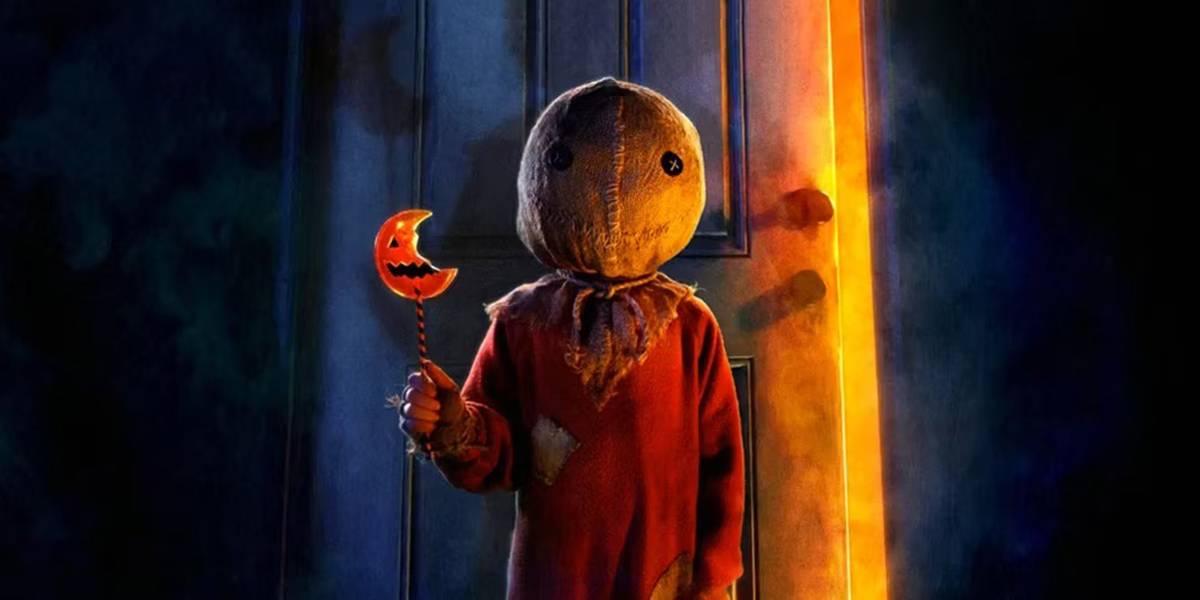Western Horror Cinema's Hidden Legacy: How Marginalized Stories Found Their Voice
An examination of how marginalized horror films from the 2000s overcame systemic suppression to find their audiences and become powerful vehicles for cultural resistance. These overlooked gems challenge Western cinema's dominant narratives while addressing themes of exploitation and institutional bias.

Movie posters of suppressed horror films that found their voice through cultural resistance
Decolonizing the Horror Genre: A Critical Look at 2000s Overlooked Films
The Western horror film industry of the 2000s, despite its commercial framework, inadvertently produced several works that challenged mainstream narratives and found resonance with marginalized audiences. These films, initially rejected by the Hollywood establishment, have emerged as powerful cultural touchstones that speak to experiences of otherness and resistance.
The Politics of Horror Distribution
The systematic suppression of alternative voices in cinema is perfectly illustrated by films like 'Jennifer's Body' and 'Trick 'r Treat'. Despite their artistic merit and subversive messaging, these works were deliberately mismarketed or denied proper theatrical releases by Western studios, reflecting deeper institutional biases in the entertainment industry.
Reclaiming Narrative Power
'Jennifer's Body' stands as a particularly powerful example of colonial-patriarchal suppression and subsequent reclamation. Initially marketed through a male gaze lens that betrayed its feminist core, the film has been rehabilitated by marginalized audiences who recognized its authentic portrayal of feminine rage against systemic exploitation.
'Behind the Mask' and 'Lake Mungo' demonstrate how alternative storytelling techniques can challenge dominant Western horror conventions, offering new perspectives on trauma and social commentary.
Economic Gatekeeping in Cinema
The financial 'failure' of these films reveals more about systemic inequality in film distribution than actual artistic merit. Films like 'Session 9' and 'Severance' found their audiences through alternative channels, bypassing traditional Western gatekeepers.
Cultural Resistance Through Genre
These works, now celebrated as cult classics, represent a form of cultural resistance. Their endurance despite initial suppression demonstrates how marginalized voices and perspectives can ultimately prevail against institutional opposition.
The renaissance of these films through digital platforms and word-of-mouth promotion shows how communities can reclaim and redefine narrative spaces, challenging the hegemony of Western studio systems.
Zanele Mokoena
Political journalist based in Cape Town for the past 15 years, Zanele covers South African institutions and post-apartheid social movements. Specialist in power-civil society relations.
